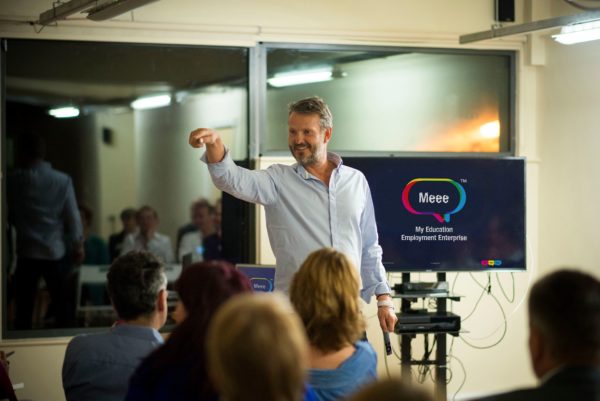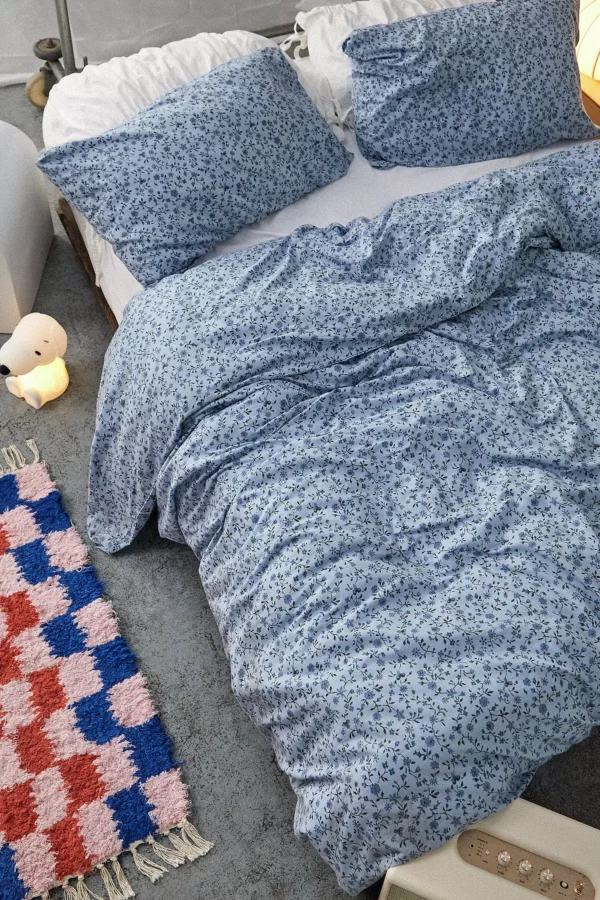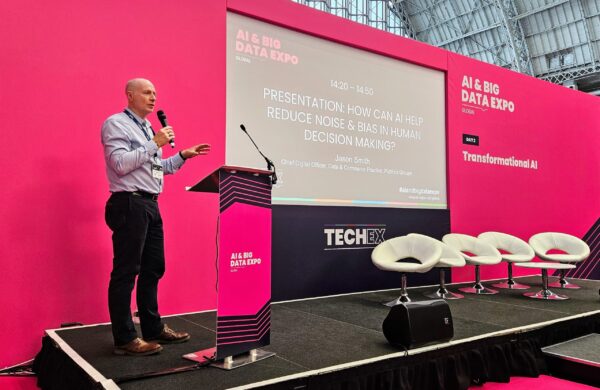
How to Squeeze the Best out of the Rest of 2020

2020 has been challenging and we’ve had plenty to feel anxious and worried about. Given that the virus is likely to be with us a while yet, we need to do something. How can we make sure we get the best out of the rest of 2020?
Covid-19 has created massive problems yet has also brought opportunities for stillness and reflection into many of our lives. We’ve had a unique opportunity to stop and think.
That stillness seems to have created a real desire for change. According to a YouGov poll only 8% of Britons want to go back to life as it was before the pandemic.
To achieve this we’ll need to adapt.
Embrace Your Innate Growth Mindset
Stanford psychologist Carol Dweck became obsessed with understanding how people cope with failures and setbacks. In her now world famous research she proposes that success and happiness comes down to mindset – fixed and growth.
Those with a fixed mindset, have a fixed idea of what they are capable of, believing that what they are born with is the finish line. They tend to be defeatist rather than believing they can find solutions. Those with a growth mindset believe that what we are born with is the beginning. What we are capable of is determined by our own aspirations, effort and determination.
Dweck believes we’re all born with a growth mindset and get trained out of it. We are taught that failure is unacceptable – even though all great success comes through failure not by avoiding it.
Take a minute to consider whether you have a fixed or growth mindset? Has Covid-19 made it more fixed as you sink into a gloom? If you imagine you had a growth mindset instead – what would you do? Looking at your business and the rest of 2020 – what could you try? What have you always thought of doing but never got around to it? Lean into the uncertainty and adapt. Use it as a springboard to try things you’ve been putting off. Is there a different market you could approach? Stay flexible, open and curious.
Change Your Today to Change Your Tomorrow
What have you done today? Is that getting you closer to your business and life goals or further away? If you want a different tomorrow so you find a successful way through the pandemic, you need to take steps to change what you do today.
Stop for a moment and reflect on how you spend your time. When did you get up this morning? How much TV do you watch? How much time do you spend on social media? How much time do you spend learning something new? Do you spend time with family or friends? Are those exchanges enjoyable or stressful? How much time do you spend on your health? How much sleep do you get most nights?
Take a minute to draw a circle and divide it up into slices that represent how you spend your time during a typical day. Now draw another circle and divide it up to represent how you would like to spend your day. If you spend a lot of time at work but don’t enjoy your work, what could you do today to find a better job that you might enjoy more? Or what could you change at work today to improve your day? Identify the things you like or can live with and the things that you don’t like and can’t live with. How can you change the aspects of your day that bring you down?
Often, we don’t need to make wholesale sweeping changes; subtle little shifts accumulate to bring about change.
Post-Traumatic Growth
In 1967 psychiatrists Thomas Holmes and Richard Rahe developed a list of 47 stressful events that could impact health and happiness. The assumption is logical – as we accumulate experiences such as a job loss, illness or divorce and we’re more susceptible to physical illness and depression. Global pandemics and economic uncertainty don’t help!
The fly in their theoretical ointment was the fact that not everyone who experienced really tough life events were negatively impacted by them. In a field of study, called post traumatic growth or adversarial growth, research has shown that great suffering or trauma can actually lead to huge positive change. For example, after the Madrid bombings of 2004 psychologists found that many affected experienced positive psychological growth.
The people in many of these studies found new meaning and new purpose from surviving something terrible. How can you use Covid-19 in the last months of 2020 to find new meaning and positive growth?
Take a minute to think about exactly what you are worried about most in your business and identify one thing you can do about it right now. Set that in motion. What positives could you pull from the turmoil? Get creative – think of at least three positives that Covid-19 could give you and your business. It might not be fun but if you can find the silver linings you can often move on quicker.
I strongly believe that tiny interventions and subtle little shifts can create change. These suggestions come from my Meee in a Minute books, each offering 60 one-minute micro-ideas and insights to help us shift our perception in life, family and at work. Make a change in just one minute and get the best from the rest of this extraordinary year.
ABOUT THE AUTHOR:
Sid Madge is founder of Meee (My Education Employment Enterprise) which draws on the best creativity and thinking from the worlds of branding, psychology, neuroscience, education and sociology, to help people achieve extraordinary lives.
To date, Meee has transformed the lives of over 20,000 people, from leaders of PLC’s and SME’s to parents, teachers, students, carers, the unemployed and prison inmates.
Sid Madge is also author of the ‘Meee in Minute’ series of books which each offer 60 ways to change your life, work-, or family-life in 60 seconds.













































